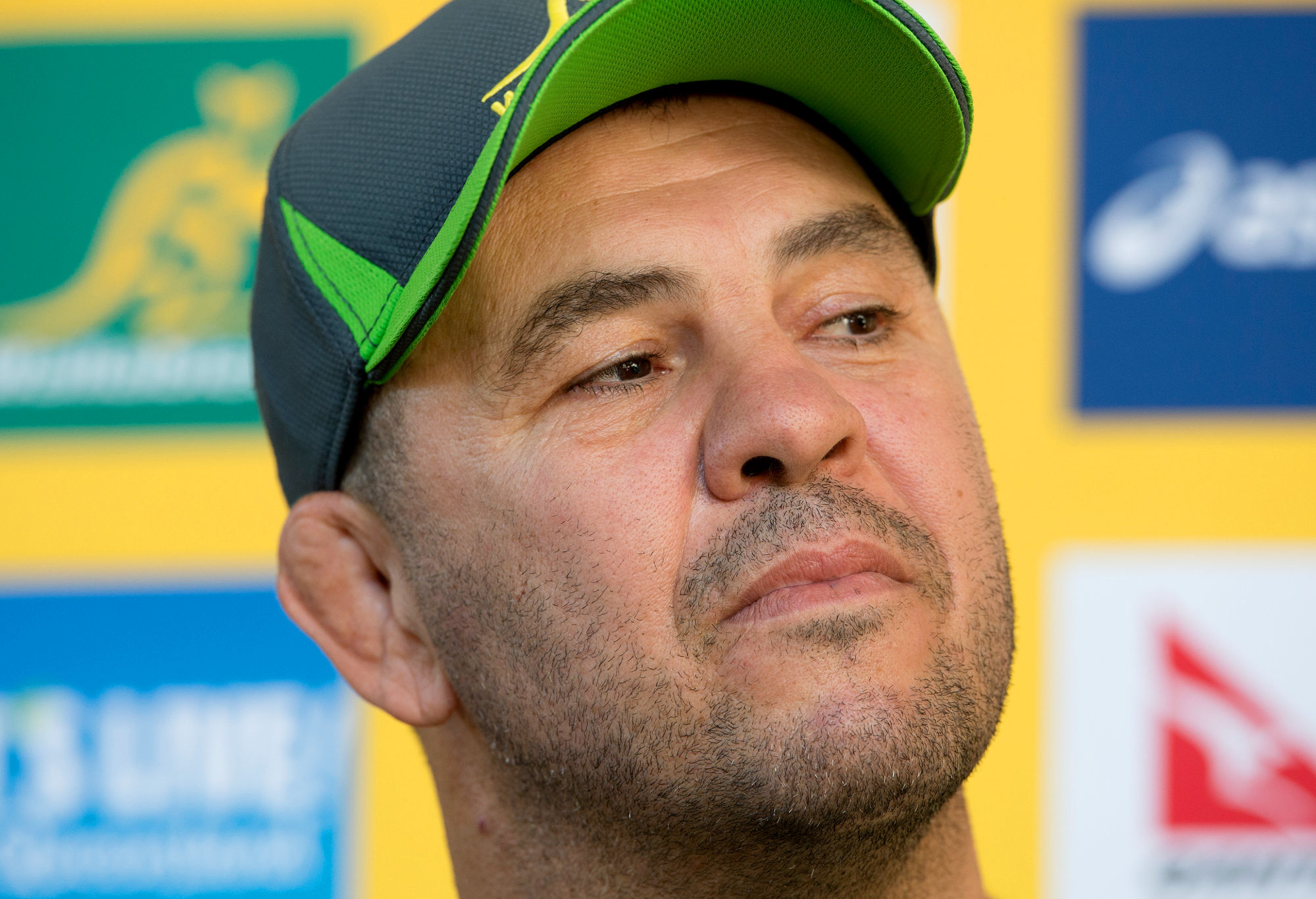“Democracy is the worst form of government, except for all the others.” So said the second-best Churchill of the 20th Century (I’ll take Clive over Winston, thanks).
So what has me pompously quoting politicians? That’d be the absolute farce that has Reece Hodge sitting on the sidelines for the next three weeks.
The Wallabies winger made a try-saving tackle on Peceli Yato, which left the Fiji No.7 concussed.
Watching the hit at full tilt, you’re seeing two large human beings slam into one another in what the assistant referee called “just a ‘rugby collision'”.
If you break it down, frame by frame, um… Yeah, I guess Hodge hits Yato a bit high. A bit. But that the TMO decided the incident didn’t even warrant a penalty probably tells you all you need to know about how high it was.
So why is Hodge out for three weeks? Because Fiji decided they wanted some post-match justice.
Now, I’m not having a go at the Fijians. They went through the process as written by World Rugby and cited Hodge for a tackle that they felt was not within the rules of the game.
Fine.
Except no, not fine.
What do you mean the Fijians get to cite the tackle? How can World Rugby claim the game was dissected by a dispassionate, objective panel of people who decided the tackle was within the rules, until the injured player’s team said they weren’t best pleased with the hit and it deserved a follow-up?
Now, Spiro Zavos has outlined that it was actually World Rugby that decided to proceed against Hodge, although The Guardian reported that the citing commissioner hauled Hodge in front of the disciplinary committee “at Fiji’s prompting”.
Regardless, the fact the Fijians could have been the instigators of the process cannot be regarded as the best way to investigate and punish foul play.
Further evidence that it’s a crap way of policing the game was that Michael Cheika got all shirty with his opposition coach, John McKee.
“I don’t find the way that they brought that (referral) in the spirit of the game at all, which is something you know from Fiji,” Cheika said.
“I’d prefer that they come up to me and get upset with me if they’re really upset about it, not to just talk to me in that nice, friendly chitty-chat way and then go behind your back and put in a referral.”

(AAP Image/Dave Hunt)
I get where the Wallabies clipboard holder is coming from, but the fact it’s even an issue to be addressed is such a bigger problem. Why should it be incumbent upon a team – any team – to go to World Rugby and say they don’t think a hit was fair?
Like, don’t World Rugby have people who get paid to make those decisions – y’know, besides TMOs who decide that it’s a fair hit and play on without so much as a penalty in Fiji’s favour.
But let’s assume there’s been nothing wrong up until this point, that Hodge had committed an act of foul play and deserved to be banned as a consequence.
What does he get? Three weeks.
Now, I’m not going to have a whinge about it being far too heavy-handed – it is, whatever – the issue I’ve got is that it’s not three matches. It’s three weeks.
This is a ban he likely would have received if the incident had occurred at the end of the Rugby Championship, the result being that he would have had to sit out three weeks of the NRC.
But since it happened in the first week of a global tournament, Hodge will miss three of what would have been among the most important games of his career.
The flipside of this punishment process was highlighted in 2003, when Bakkies Botha copped an eight-week suspension for “deliberately attacking the face” of Brendan Cannon.
Two months sounds like the right amount of time out for what was essentially eye-gouging, however the incident occurred at the back end of the Tri-Nations tournament.
The net result was that Botha missed one game – against the All Blacks – and was free and clear to play in the 2003 World Cup.
I know we’re talking about incidents that occurred more than 15 years apart, but that’s kinda-sorta the problem, isn’t it? Measuring bans in terms of weeks instead of actual matches out is not the way to go if an iffy hit means you miss three games but eye-gouging ends in one match out.
How about a bit of truth in sentencing?
As for why I wheeled out the Churchillian line at the start of this piece, that’d be because the Hodge incident really served to put the NRL judiciary process in a pretty favourable light.
I’m not here to start a code war – I may be from the rugby league heartland but I went to school at of one the great rugby nurseries, so have a soft spot for the 15-a-side game.
But when tripping and hair-pulling are the issues that have the leaguies in a lather, seeing a bloke ruled out for three crucial matches because the other team decided to raise a stink puts things in perspective.





























































































